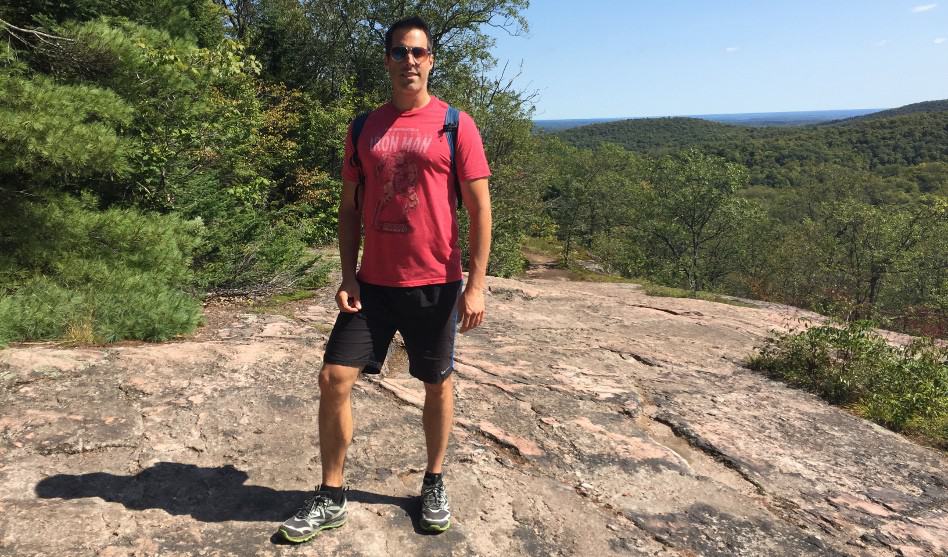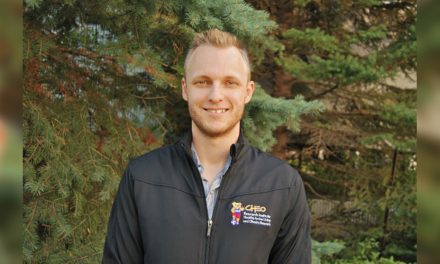HALO Scientist Dr. Jean-Philippe Chaput is lead author on a paper, “Sleep patterns and sugar-sweetened beverage consumption among children from around the world,” that was recently published in Public Health Nutrition. Citation details and a summary of the paper are below.
Chaput JP, Tremblay MS, Katzmarzyk PT, Fogelholm M, Hu G, Maher C, Maia J, Olds T, Onywera V, Sarmiento OL, Standage M, Tudor-Locke C, Sampasa-Kanyinga H; ISCOLE Research Group. Sleep patterns and sugar-sweetened beverage consumption among children from around the world. Public Health Nutr. 2018 Sep;21(13):2385-2393.
Abstract
OBJECTIVE: To examine the relationships between objectively measured sleep patterns (sleep duration, sleep efficiency and bedtime) and sugar-sweetened beverage (SSB) consumption (regular soft drinks, energy drinks, sports drinks and fruit juice) among children from all inhabited continents of the world. DESIGN: Multinational, cross-sectional study. SETTING: The International Study of Childhood Obesity, Lifestyle and the Environment (ISCOLE). SUBJECTS: Children (n 5873) 9-11 years of age. RESULTS: Sleep duration was 12 min per night shorter in children who reported consuming regular soft drinks ‘at least once a day’ compared with those who reported consuming ‘never’ or ‘less than once a week’. Children were more likely to sleep the recommended 9-11 h/night if they reported lower regular soft drink consumption or higher sports drinks consumption. Children who reported consuming energy drinks ‘once a week or more’ reported a 25-min earlier bedtime than those who reported never consuming energy drinks. Children who reported consuming sports drinks ‘2-4 d a week or more’ also reported a 25-min earlier bedtime compared with those who reported never consuming sports drinks. The associations between sleep efficiency and SSB consumption were not significant. Similar associations between sleep patterns and SSB consumption were observed across all twelve study sites. CONCLUSIONS: Shorter sleep duration was associated with higher intake of regular soft drinks, while earlier bedtimes were associated with lower intake of regular soft drinks and higher intake of energy drinks and sports drinks in this international study of children. Future work is needed to establish causality and to investigate underlying mechanisms.




